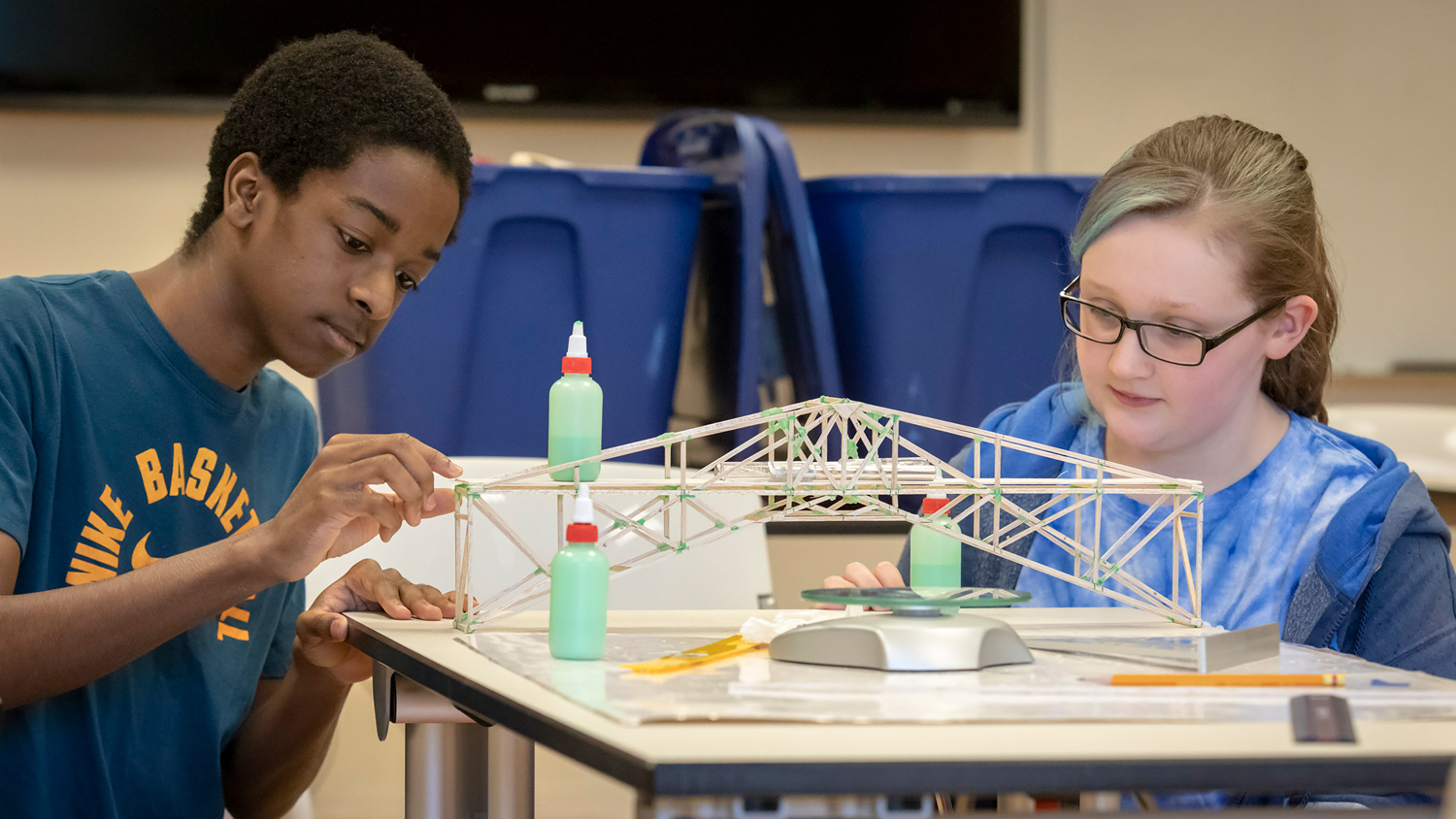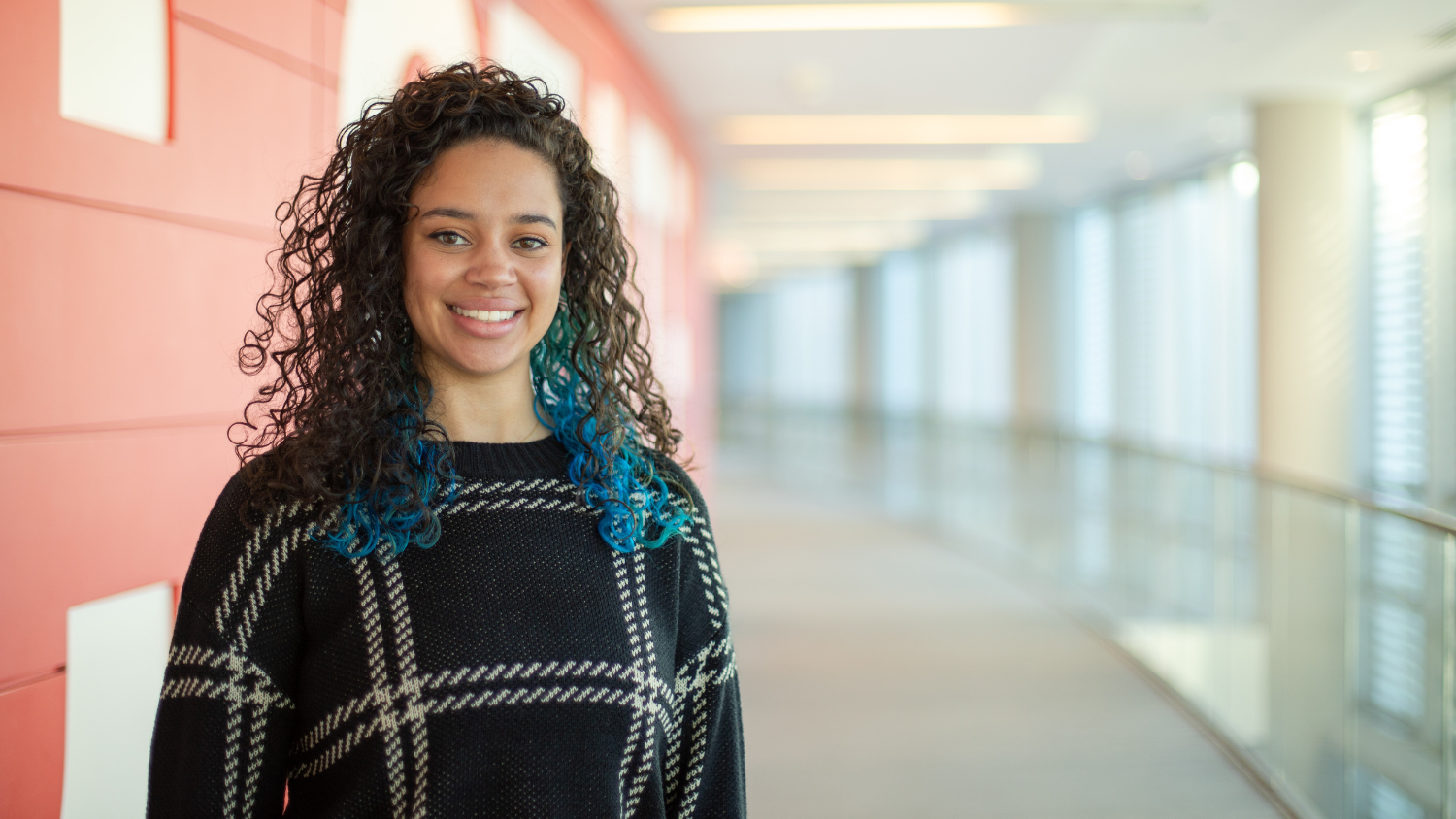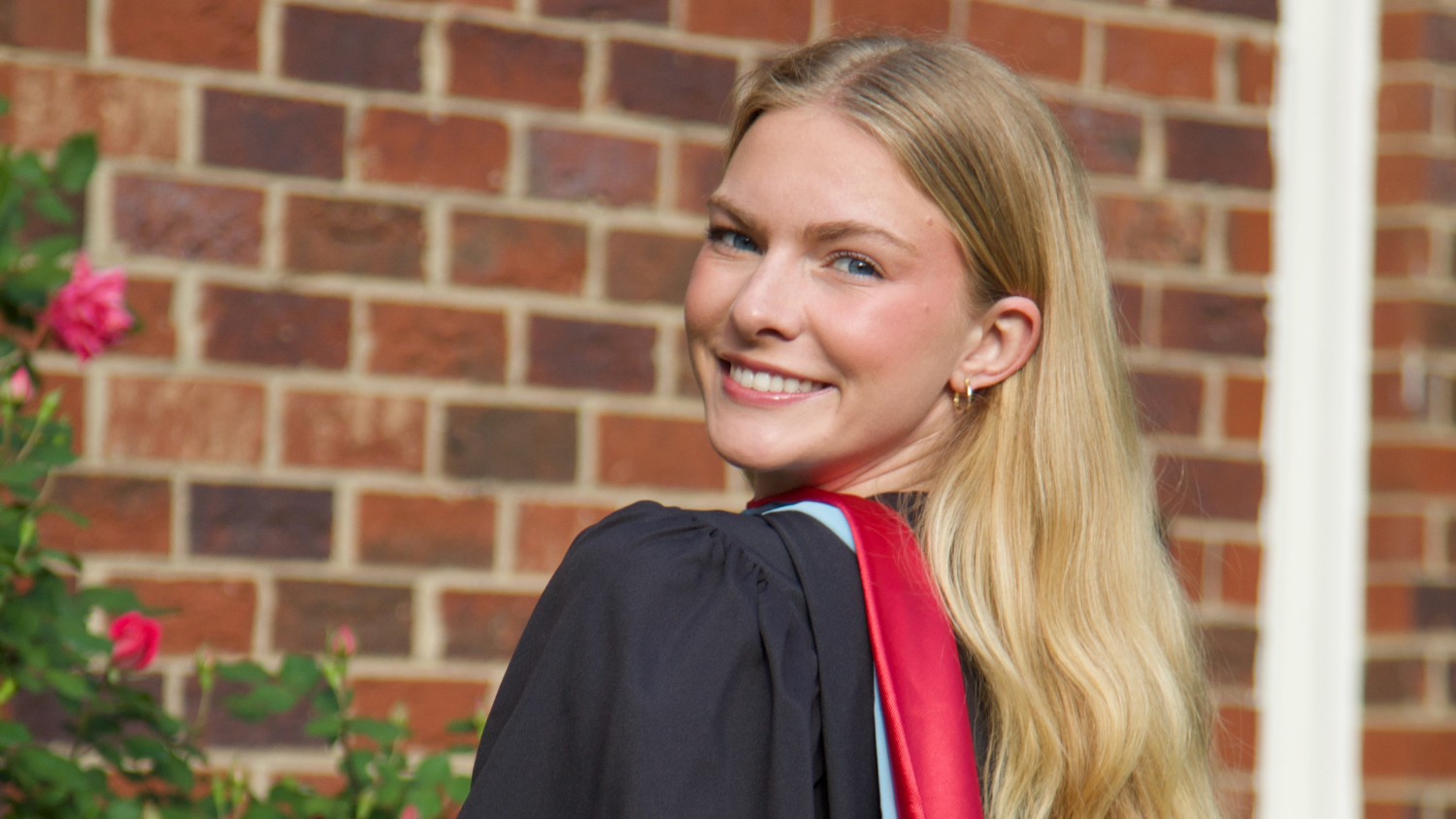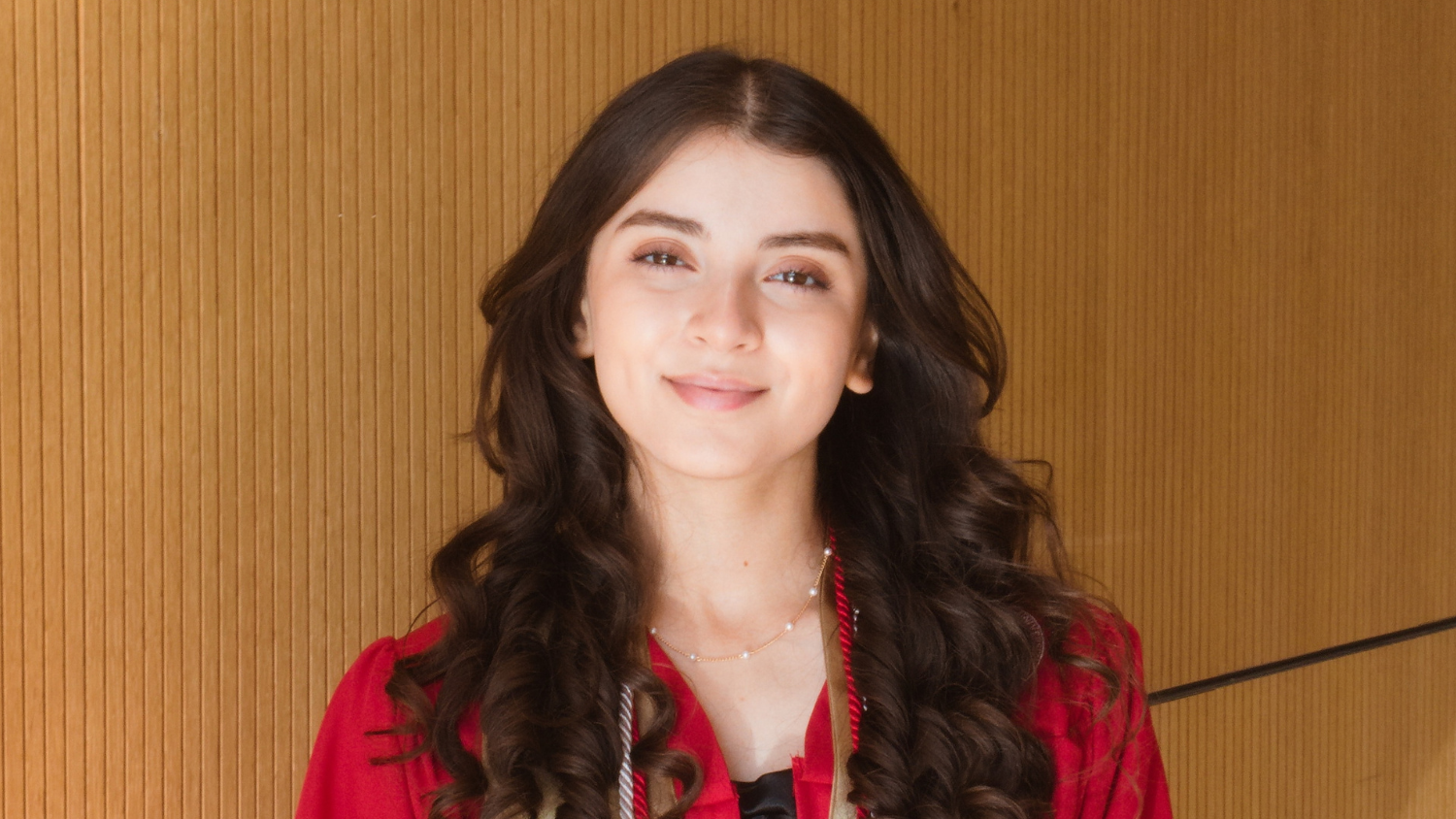Three Videos from College of Education Researchers Featured in National Science Foundation’s 2022 STEM for All Video Showcase

Three videos from NC State College of Education faculty, staff and students, including researchers from the Friday Institute for Educational Innovation, are featured at the National Science Foundation’s 2022 STEM For All Video Showcase, which is being held virtually from May 10-17.
The annual online event features more than 265 three-minute video presentations from federally funded projects that aim to improve science, technology, engineering and mathematics (STEM) and computer science education. The theme for this year’s event is “Acces, Inclusion and Equity.”
During the eight-day online event, practitioners, researchers, administrators, policy makers and the public at large can view the videos, post to discussion boards related to each video and vote for the videos that are most effective in conveying the creative work being done.
You can read more about the projects from College of Education faculty below. Videos can be viewed and voted for on the STEM for All Video Showcase website.
Designing Asset Based Math Interventions with Serious Games
This presentation from Jessica Hunt, an associate professor of mathematics education and special education, focuses on the web-based Dream2B video game, which was designed with the Universal Design for Learning framework to maximize fraction knowledge for students in supplemental mathematics instructional settings in fourth through sixth grade.
The Dream2B game and accompanying Model Mathematics Education (ModelME) curriculum were created using a three-year, $1.4 million National Science Foundation ITEST grant awarded to Hunt and co-principal investigators Matthew Marino and Michelle Taub at the University of Central Florida in 2020.
“We believe students with disabilities experience fundamental issues on access in many one-size-fits-all interventions. We anticipate that the Dream2B game and its design will provide spaces for students to express and grow their STEM knowledge,” Hunt said.
Inquiry-to-Action Through Project-Based Inquiry (PBI) Global
This video, from Executive Director and Associate Dean of the Friday Institute for Educational Innovation Hiller Spires, Friday Institute Research Associate Maria Himes and Assistant Professor of Mathematics Education Erin Krupa, focuses on the “Supporting Students’ Science Content Knowledge Through Project-Based Inquiry Global” project.
In 2022, the Friday Institute’s New Literacies Collaborative worked in collaboration with Pearson Early College for Innovation and Leadership (PECIL) in Roxboro, North Carolina, on a PBI Global project focused on UN Sustainable Development Goal 6: Clean Water and Sanitation. The multi-year project aims to understand how inquiry through the PBI Global cycle supports student science content knowledge, how students’ motivation changes after participating in PBI Global and how students’ perspectives of the PBI Global sycle evolve throughout the project.
“PBI Global provides authentic learning experiences for students to engage in inquiry-based learning using the UN Sustainable Development Goals,” Hiller Spires said. “We love our partnership with teachers and students at PECIL!”
Teacher Learning for Citizen Science
This presentation, which is co-delivered by Alumni Distinguished Graduate Professor of Science Education Sarah Carrier and doctoral student Jill McGowan, gives an overview of the “Supporting Elementary Teacher Learning for Effective School-Based Citizen Science (TL4CS)” project, which provides teachers with professional development and curricular support embedded in citizen science project materials that align with their existing instructional goals.
Over the past year, five classroom teachers have been piloting the materials in their classrooms and, in 2023, the project team will study how teachers implement two citizen science projects when they have access to support and when they don’t. The goal of the study is to generate knowledge about the types of teacher learning that enables citizen science to fulfill its potential for student learning and engagement with nature and the types of supports that promote such teacher learning.
“These projects offer elementary school students authentic experiences that align with existing science standards as they engage in data collection and analysis, and contribute important data to the science community. We hope that, by providing these support materials to teachers, teachers from across North Carolina incorporate citizen science activities in their classrooms and especially outdoors in their schoolyards,” Carrier said.
- Categories:


